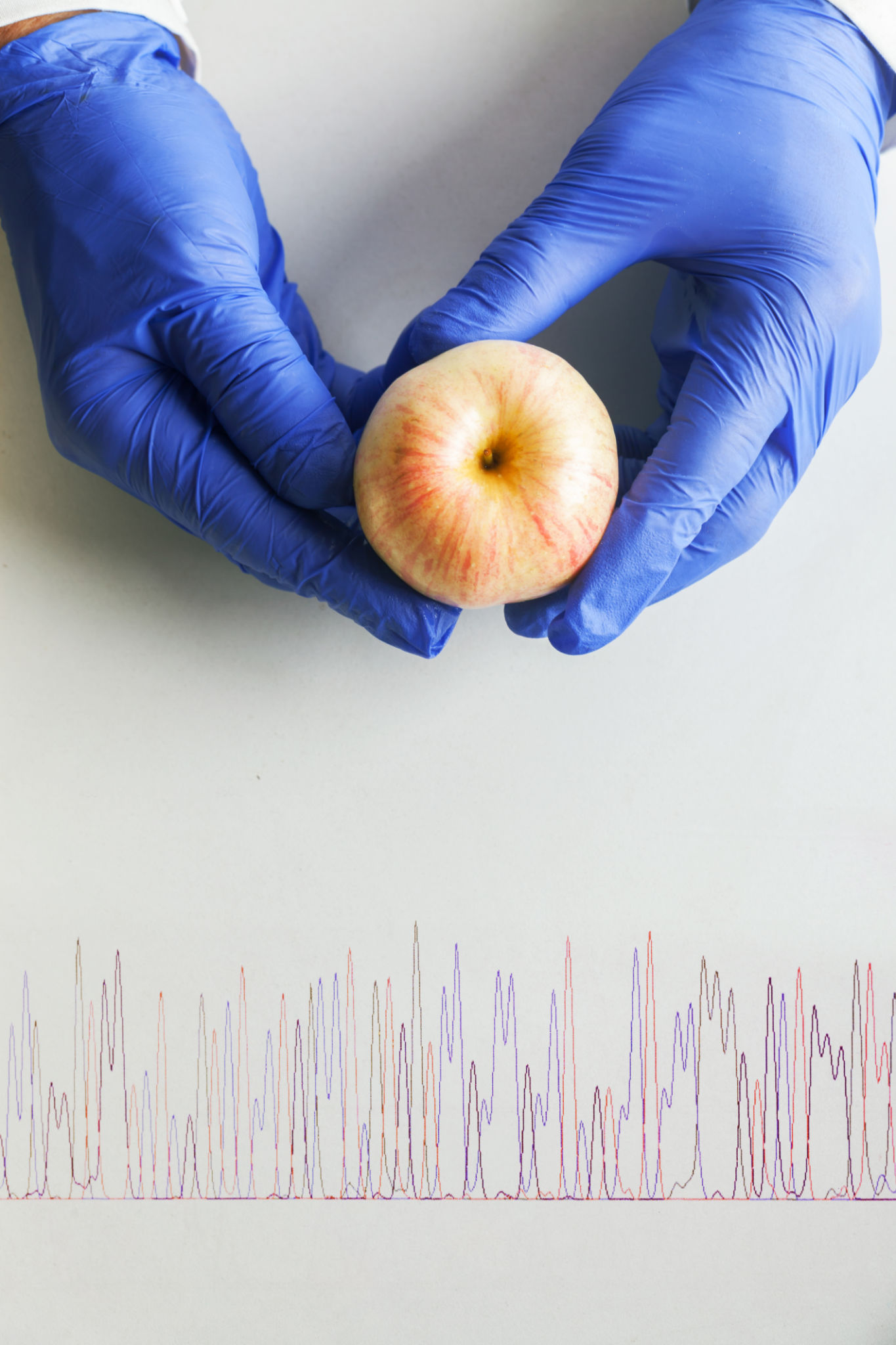How Bioinformatics is Revolutionizing Health Products
Understanding Bioinformatics
Bioinformatics is a multidisciplinary field that combines biology, computer science, and information technology to analyze and interpret biological data. In recent years, it has become a crucial component in the development of health products. By leveraging computational techniques, bioinformatics enables researchers to make sense of complex biological systems, paving the way for innovative solutions in healthcare.
The rise of bioinformatics has allowed for the analysis of vast amounts of data, such as genomic sequences and protein structures. This data-driven approach helps in uncovering patterns and insights that were previously inaccessible, leading to the development of more effective and personalized health products.

Personalized Medicine
One of the most significant impacts of bioinformatics is its role in personalized medicine. By analyzing an individual's genetic makeup, bioinformatics allows for the customization of healthcare treatments tailored to the specific needs of each patient. This approach not only enhances the effectiveness of treatments but also reduces the risk of adverse effects.
For instance, bioinformatics tools can assess how a patient might respond to certain medications based on their genetic profile. This information is invaluable in creating personalized treatment plans that optimize therapeutic outcomes and improve quality of life.
Genomic Sequencing
Genomic sequencing is at the heart of personalized medicine. Bioinformatics plays an essential role in processing and interpreting the massive datasets generated from sequencing technologies. By identifying genetic variations, researchers can pinpoint genetic predispositions to diseases and develop targeted interventions.

Drug Discovery and Development
Bioinformatics is revolutionizing the pharmaceutical industry by streamlining the drug discovery process. Traditional drug development is time-consuming and expensive, but bioinformatics tools can significantly accelerate this process. By analyzing biological data, researchers can identify potential drug targets and predict the efficacy of new compounds.
This technology also aids in repurposing existing drugs for new therapeutic uses. By examining biological pathways and interactions, bioinformatics can reveal novel applications for drugs that are already on the market, offering a cost-effective approach to developing new treatments.
Predictive Modeling
Predictive modeling is another area where bioinformatics is making a substantial impact. By creating computational models of biological systems, researchers can simulate how a drug interacts with its target before conducting costly laboratory experiments. This predictive power reduces the time and resources needed for drug development.

Enhanced Diagnostic Tools
Bioinformatics is also improving diagnostic tools, allowing for earlier and more accurate detection of diseases. Through the analysis of genetic and molecular data, bioinformatics provides insights into disease mechanisms that lead to the development of advanced diagnostic techniques.
For example, bioinformatics can help identify biomarkers that signal the presence of a disease before symptoms appear. These biomarkers are crucial for early diagnosis, which is often key to successful treatment outcomes.
Future Prospects
The future of bioinformatics in healthcare is promising, with ongoing advancements expected to further revolutionize health products. As technology continues to evolve, bioinformatics will likely play an even more significant role in understanding complex biological systems and developing innovative health solutions.

